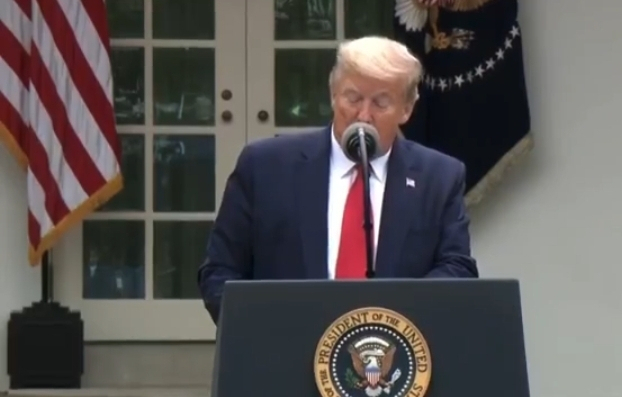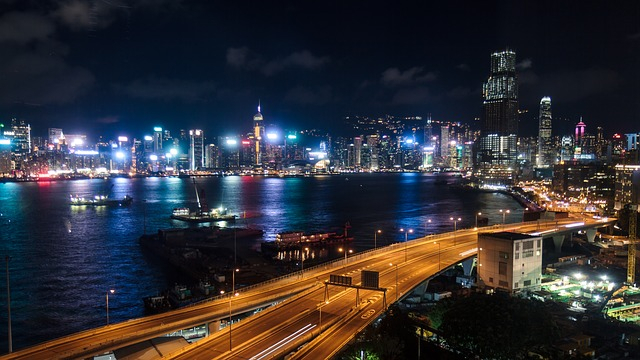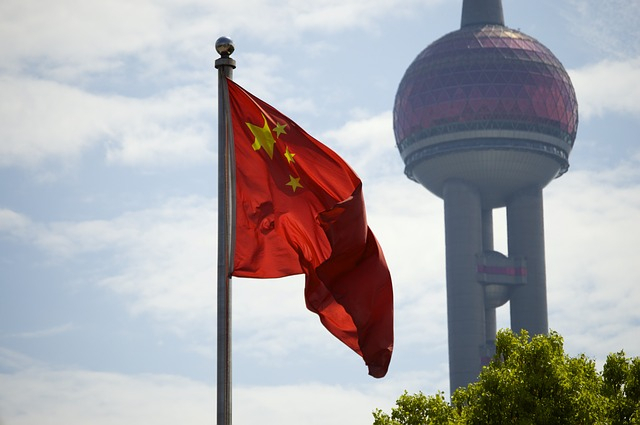US President Donald Trump signed an executive order on Tuesday, imposing sanctions on Chinese officials who crack down on rights in Hong Kong. Under the new order, the preferential treatment given to Hong Kong by the United States will end. China immediately responded to Trump's action, saying that it will take retaliatory steps.
Hong Kong has enjoyed unique freedoms not seen in mainland China for two decades. But the recently imposed new security law by Beijing brought an end to Hong Kong's special status.
No More Privileges to Hong Kong

After signing the Hong Kong Autonomy Act, Trump said he had also signed a bipartisan legislation to impose sanctions on Chinese officials who crack down on rights in Hong Kong. "Hong Kong will now be treated the same as mainland China," Trump said at a press conference at the White House.
The executive order also ends the city's preferential trade treatment, which it had been enjoying for decades. "No special privileges, no special economic treatment and no export of sensitive technologies," added Trump.
The legislation is the most sweeping change to the political landscape of Hong Kong since it was handed back to China by the UK in 1997. The signing of the bipartisan legislation comes weeks after China imposed a new security law to bring an end to Hong Kong's special status, agreed under a 1984 pact between China and the UK.
China Vows to Retaliate

Hong Kong, which is a former British colony, returned to Chinese rule in 1997 with a law protecting freedoms of speech, assembly and the press until 2047. However, China introduced the new security law last month, which was opposed by the United States and several other countries.
Trump's decision to end preferential treatment to Hong Kong has infuriated Beijing. China's Foreign Ministry in a statement on Tuesday said Hong Kong Autonomy Act signed by Trump "maliciously slanders" new national security legislation Beijing had imposed on Hong Kong. China also warned Washington of interfering in its internal affairs and that it would take retaliatory actions against the news legislation signed by Trump.

"China will make necessary responses to protect its legitimate interests, and impose sanctions on relevant US personnel and entities," the statement read. The Foreign Ministry had earlier said that no amount of pressure could "shake China's determination and will to safeguard national sovereignty and Hong Kong's prosperity and stability."
The decision comes amid growing tensions between the two countries following the coronavirus outbreak. Trump has been repeatedly blaming China for the spread of the coronavirus. The signing of the Act will now further escalate the tensions, as Trump on Tuesday also ruled out any plans of speaking to Chinese President Xi Jinping.









